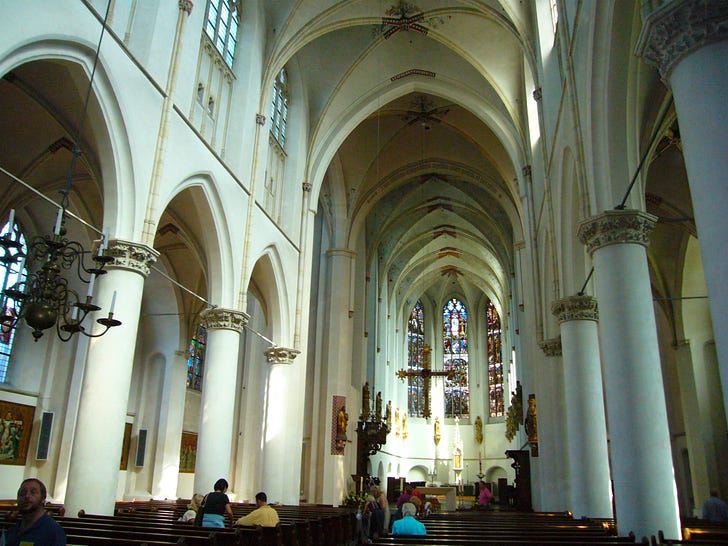Cardinal Eijk: ‘I don’t give up’
Cardinal Willem Eijk talks with The Pillar about evangelization, Church leadership, and the future
The Netherlands is one of the most secularized countries in Europe.

It wasn’t always that way, of course. Between 1860 and 1960, the Church in the Netherlands flourished – in fact, by some estimates, one in 10 missionaries in the world was Dutch.
But soon after that period, the Church’s life in the Netherlands began to implode. In the 1980s, 37% of Dutch …
